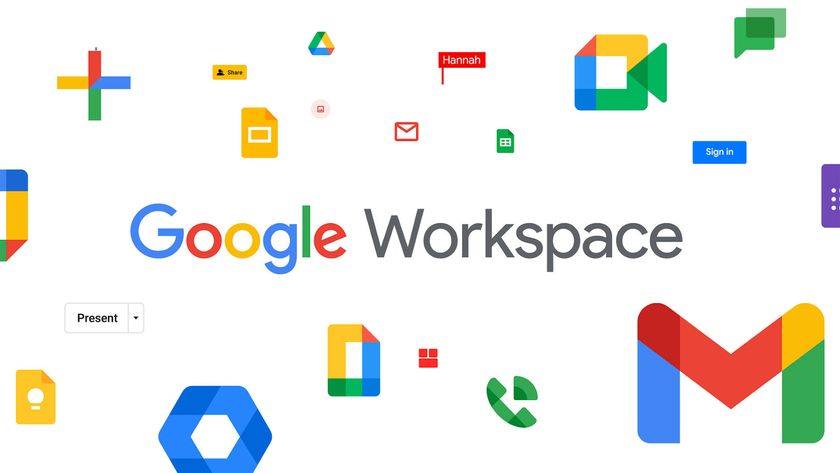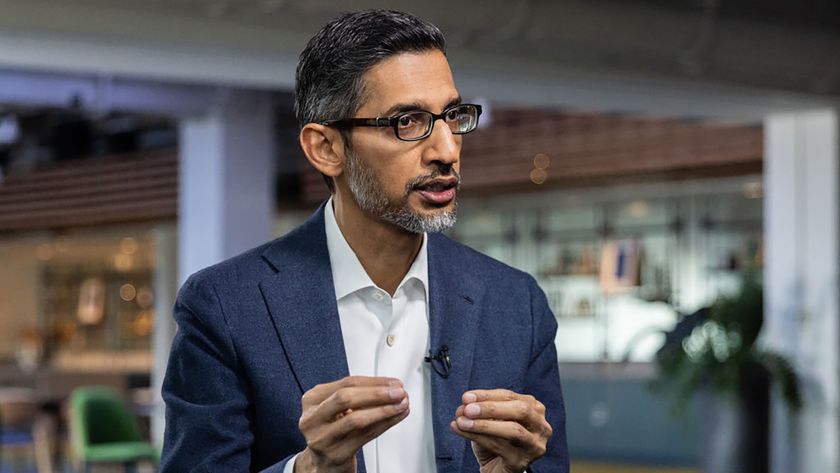What next for Microsoft?
Last week saw Microsoft’s plan to acquire Yahoo all but collapse, and left it with a more dangerous rival than ever before. So what can it do next?
Because one theory that's slowly circulating is that if Microsoft cannot buy Yahoo, and is still keen to grow its search business, then the next logical plan is to own some of the most popular, high traffic places where searches and the likes of adwords are found. If the rumour mill is to be believed, then it toyed for some time with buying up the social networking phenomenon Facebook in its entirety before it snapped up a 1.6 per cent stake for $240 million. Could Microsoft now extend that to a controlling interest?
It has the resources to do so, although Facebook's owners have shown little interest in selling of late. And also, it would take about $20 billion out of Microsoft's war chest to snap up. It's questionable whether it would ever return enough value to the balance sheet to justify it.
Digg could, perhaps, be a more logical target along similar strategic lines, and the asking price seems comparably modest at around $225 million. Yet while issues of the scale of such a deal would remain, it would also put Microsoft into a bidding war with Google, who is also believed to be interested in the popular service. Even if Microsoft won though, once again it wouldn't really change anything.
Which leaves just a few further avenues to explore. The first, and perhaps Microsoft's best chance here, is ironically a legal one. It could, and almost certainly will, launch a challenge against the Yahoo and Google tie up. And while the deal has clauses in it that should smooth its path through any such process, Microsoft still has an outside chance of convincing the relevant parties that it's an anti-competitive deal.
But surely it's no more a chance than that (after all, why shouldn't Yahoo see some of Google's money, when it seems every other company on the planet is helping itself to some?): at best, it may slow the process down, but that isn't what Microsoft needs right now. That said, given that Google and Yahoo's deal doesn't kick in for three months, it does make sense to extend and optimise any window of opportunity.
Still, this could all lead to a period of introspection for the business. Microsoft is undoubtedly going through changing times, what with the departure of Bill Gates from the firm. Could the failure of such a high profile deal also place Steve Ballmer's position under scrutiny? He maintains that the Yahoo deal was never the be all and end all for Microsoft, reportedly saying that "Yahoo's not a strategy, it's a part of a strategy." But it's going to take some solid actions, and soon, to convince the marketplace that is the case.
For elsewhere in the Microsoft business, Vista hasn't matched the levels of success that were hoped for, the Xbox 360 is facing testing times with the resurgence of Sony's PlayStation 3, and in many key areas, the Microsoft business is facing as thorough an examination as it's possible to remember. Could, therefore, the departure of Gates also be coupled by a usurping of Steve Ballmer, or at the very least a reshuffle of sorts? Unlikely, but still a possibility.
Get the ITPro. daily newsletter
Sign up today and you will receive a free copy of our Focus Report 2025 - the leading guidance on AI, cybersecurity and other IT challenges as per 700+ senior executives
It shouldn't be dismissed of course that there could yet be some mileage to playing a waiting game, even if it's not demonstrative of the boldness that Microsoft has traditionally shown. Not everybody is happy with the moves Yahoo has made over the past few months, and questions are being asked already as to whether aligning itself with Google is the right thing to do.
So what if Yahoo has made the wrong move? The deal itself isn't tight, isn't exclusive, and there's a get out clause in there too if the revenues don't measure up. Furthermore, some level of - at least - short-term damage has been inflicted on the Yahoo board, with many shareholders unhappy that they missed out on the bumper payday that Microsoft's $47 billion takeover would have brought.
Some feel that the Google deal is a short term, deflective move as a means to an end. That it's one that brings in some cash to stave off problems on the balance sheet, and protects the independence of the company. But where that leaves the long-term strategy of Yahoo is still up in air, and there could yet be a further opportunity to acquire the firm for a much lower price further down the line.
Yahoo's share price dropped off the back of the announcement of the Google deal, and it remains to be seen if it can adequately resolve the long term challenges it still faces.
Future
Still, the perception right now is that Microsoft has been outflanked by both Google and Yahoo, and that the onus is firmly on it to deliver signs that it can be a major player. Was there a Plan B? Is there a strategy that can take on Google that doesn't involve Yahoo being part of the jigsaw? With $50 billion of spending money sitting in the bank, and an opponent that's becoming harder and harder to beat, it's going to be an interesting few months ahead for Microsoft.

















